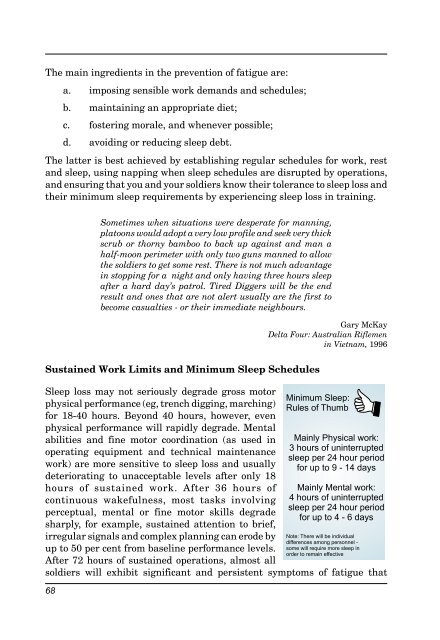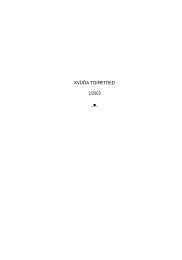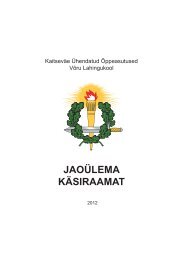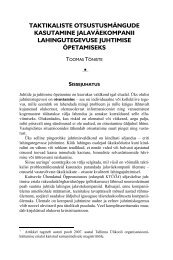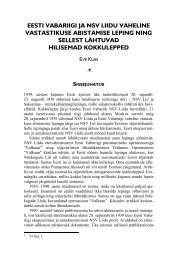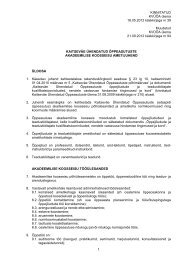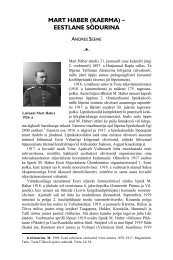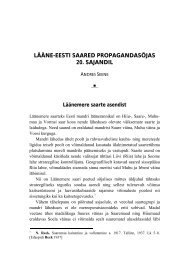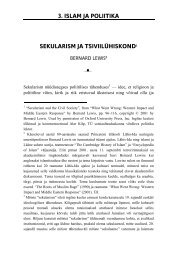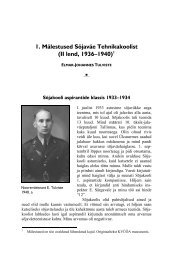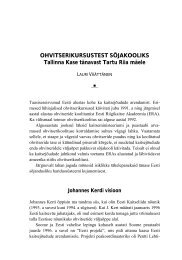Fatigue Management
Fatigue Management
Fatigue Management
You also want an ePaper? Increase the reach of your titles
YUMPU automatically turns print PDFs into web optimized ePapers that Google loves.
The main ingredients in the prevention of fatigue are:<br />
a. imposing sensible work demands and schedules;<br />
b. maintaining an appropriate diet;<br />
c. fostering morale, and whenever possible;<br />
d. avoiding or reducing sleep debt.<br />
The latter is best achieved by establishing regular schedules for work, rest<br />
and sleep, using napping when sleep schedules are disrupted by operations,<br />
and ensuring that you and your soldiers know their tolerance to sleep loss and<br />
their minimum sleep requirements by experiencing sleep loss in training.<br />
Sometimes when situations were desperate for manning,<br />
platoons would adopt a very low profile and seek very thick<br />
scrub or thorny bamboo to back up against and man a<br />
half-moon perimeter with only two guns manned to allow<br />
the soldiers to get some rest. There is not much advantage<br />
in stopping for a night and only having three hours sleep<br />
after a hard day's patrol. Tired Diggers will be the end<br />
result and ones that are not alert usually are the first to<br />
become casualties - or their immediate neighbours.<br />
Gary McKay<br />
Delta Four: Australian Riflemen<br />
in Vietnam, 1996<br />
Sustained Work Limits and Minimum Sleep Schedules<br />
Sleep loss may not seriously degrade gross motor<br />
Minimum Sleep:<br />
physical performance (eg, trench digging, marching) Rules of Thumb<br />
for 18-40 hours. Beyond 40 hours, however, even<br />
physical performance will rapidly degrade. Mental<br />
abilities and fine motor coordination (as used in Mainly Physical work:<br />
operating equipment and technical maintenance<br />
3 hours of uninterrupted<br />
sleep per 24 hour period<br />
work) are more sensitive to sleep loss and usually forupto9-14days<br />
deteriorating to unacceptable levels after only 18<br />
hours of sustained work. After 36 hours of Mainly Mental work:<br />
continuous wakefulness, most tasks involving 4 hours of uninterrupted<br />
sleep per 24 hour period<br />
perceptual, mental or fine motor skills degrade<br />
forupto4-6days<br />
sharply, for example, sustained attention to brief,<br />
irregular signals and complex planning can erode by Note: There will be individual<br />
differences among personnel -<br />
up to 50 per cent from baseline performance levels. some will require more sleep in<br />
order to remain effective<br />
After 72 hours of sustained operations, almost all<br />
soldiers will exhibit significant and persistent symptoms of fatigue that<br />
68


